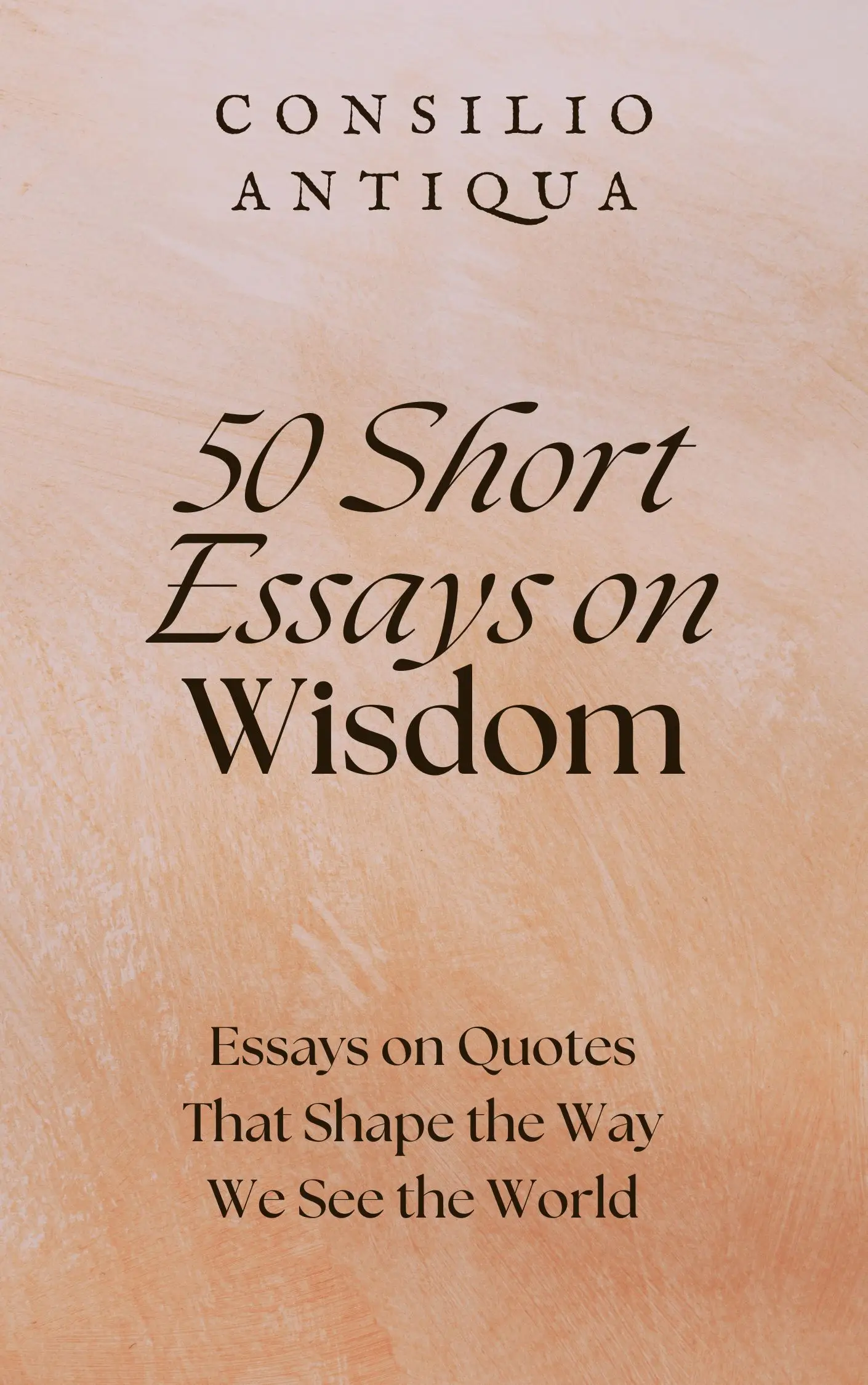
50 Short Essays on Wisdom | The Unfolding Petal
The Unfolding Petal
"Practice makes perfect." - Unknown
The scent of old paper and ink hangs heavy in the air, a whisper from centuries past. On a faded page, a simple phrase: "Practice makes perfect." It's a maxim whispered across generations, a cornerstone of mastery in every field, from the delicate brushstrokes of a master painter to the intricate calculations of a brilliant mathematician. Yet, the simplicity of the phrase belies a profound truth: perfection, elusive as a fleeting dream, is not a destination but an unfolding, a constant process of refinement honed by dedicated practice. This essay will explore the enduring wisdom of this proverb, examining its historical roots and its relevance to the complexities of modern life.
The concept of achieving excellence through diligent practice isn't confined to a single culture or era. Ancient Greek philosophers emphasized the importance of arete, a striving for excellence in all aspects of life, achieved through disciplined training and practice. Confucian teachings similarly stressed the cultivation of virtue and skill through persistent effort. The artisans of the Renaissance, their hands stained with pigments and their minds filled with intricate designs, understood the transformative power of repeated practice. Their masterpieces, born from countless hours of dedicated work, stand as testaments to the enduring truth of the proverb.
The proverb's power lies not in the promise of flawless achievement, but in the acknowledgment of the journey itself. "Perfect" is not a static endpoint, but a dynamic ideal, a horizon ever receding as we approach it. The process of practice is a dance between intention and execution, a constant feedback loop where each attempt refines our understanding, sharpens our skills, and deepens our connection to the craft. It's in the subtle adjustments, the persistent refinement, the unwavering commitment to the process, that true mastery resides. The enduring appeal of the proverb lies in its recognition of the transformative power of consistent effort.
In our fast-paced, results-oriented world, the wisdom of "practice makes perfect" is often overlooked. We chase instant gratification, seeking quick fixes and shortcuts, often neglecting the slow, deliberate cultivation of skill. Yet, the challenges of modern life—from navigating complex relationships to mastering new technologies—demand a commitment to consistent practice. Consider the musician who spends hours honing their technique, the athlete who pushes their physical limits, the entrepreneur who tirelessly refines their business model. Their success is not a matter of luck, but a testament to the transformative power of dedicated practice. Even the seemingly mundane tasks of life—cultivating mindfulness, improving communication skills, or nurturing relationships—benefit from consistent, intentional effort.
Where in your own life do you see the echoes of this ancient wisdom? What skills or qualities are you striving to cultivate? What obstacles stand in your way? Perhaps the most challenging aspect of practice is maintaining the discipline and patience required for sustained effort. Doubt and frustration are inevitable companions on this journey. Yet, it is in embracing these challenges, in acknowledging the imperfections along the way, that we truly begin to understand the profound truth of the proverb. The journey of practice is not merely about achieving a perfect outcome, but about the growth, resilience, and self-discovery that unfolds along the way.
The unfolding petal of a flower, slowly revealing its beauty, is a fitting metaphor for the process of practice. It's not a sudden bloom, but a gradual unfolding, a testament to the power of consistent effort. "Practice makes perfect" is not a guarantee of flawless results, but a call to embrace the journey, to find joy in the process, and to recognize that the pursuit of excellence is a lifelong endeavor, a testament to the enduring human spirit. The true reward lies not in the attainment of perfection, but in the transformation that occurs along the way.
